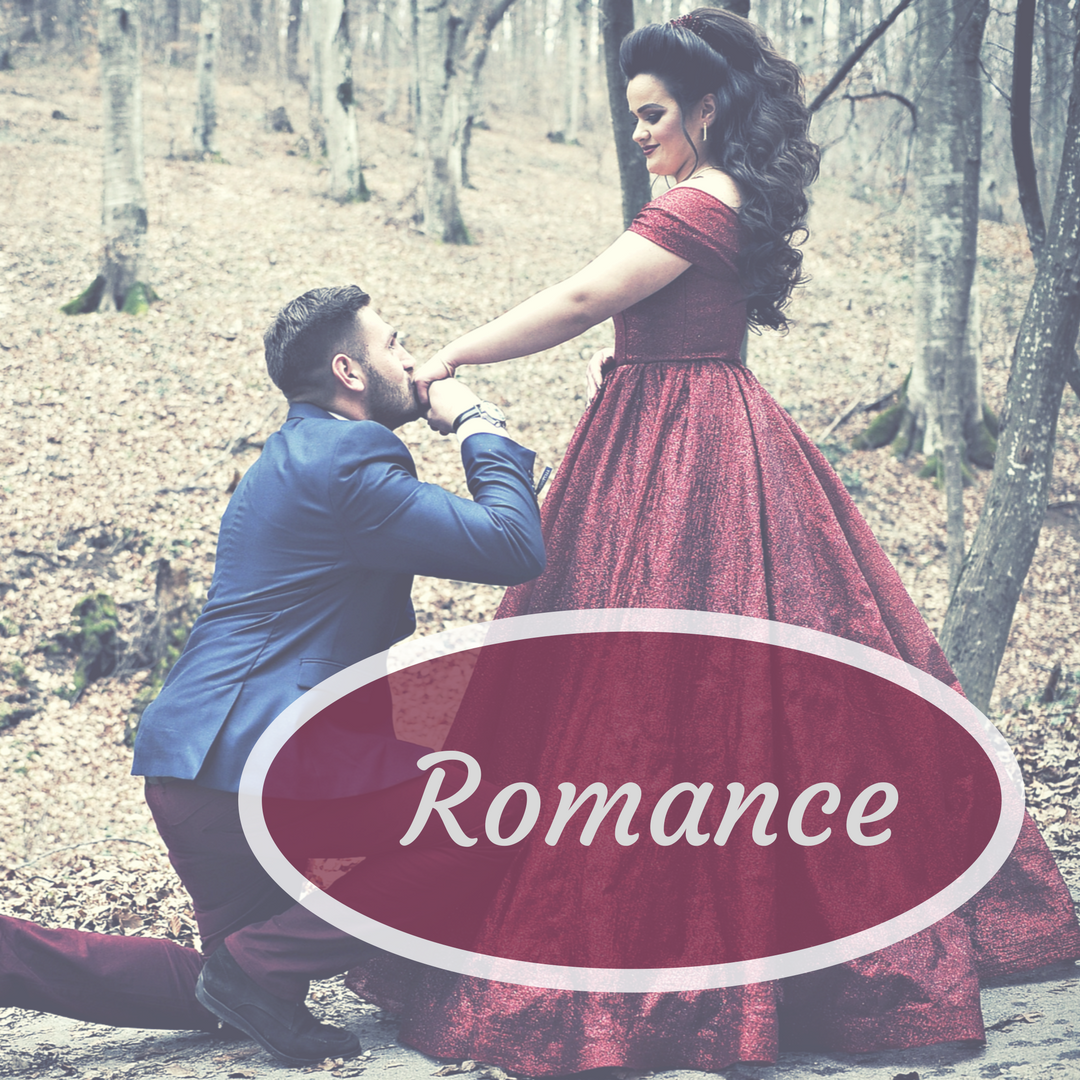
Guest Posts
Plot Structures: Predictable or Helpful?
Girl meets boy. Even though it’s obvious to the reader that they would make a perfect couple, they don’t…
May 25, 2021
Girl meets boy. Even though it’s obvious to the reader that they would make a perfect couple, they don’t…
May 25, 2021
“Man looks at the outward appearance, but the Lord looks at the heart.” 1 Samuel 16:7 (NIV) The Israelites…
October 3, 2020
In case you’re unfamiliar with the word trope, let’s define it. A trope is a character trait or plot…
September 23, 2020
So, you’re a writer. And you’d like to write fantasy and science fiction. You have a great idea for…
January 7, 2019
The other day in my Interpersonal Communication class, we talked about “acoustic space,” which is the distance your voice…
December 6, 2018